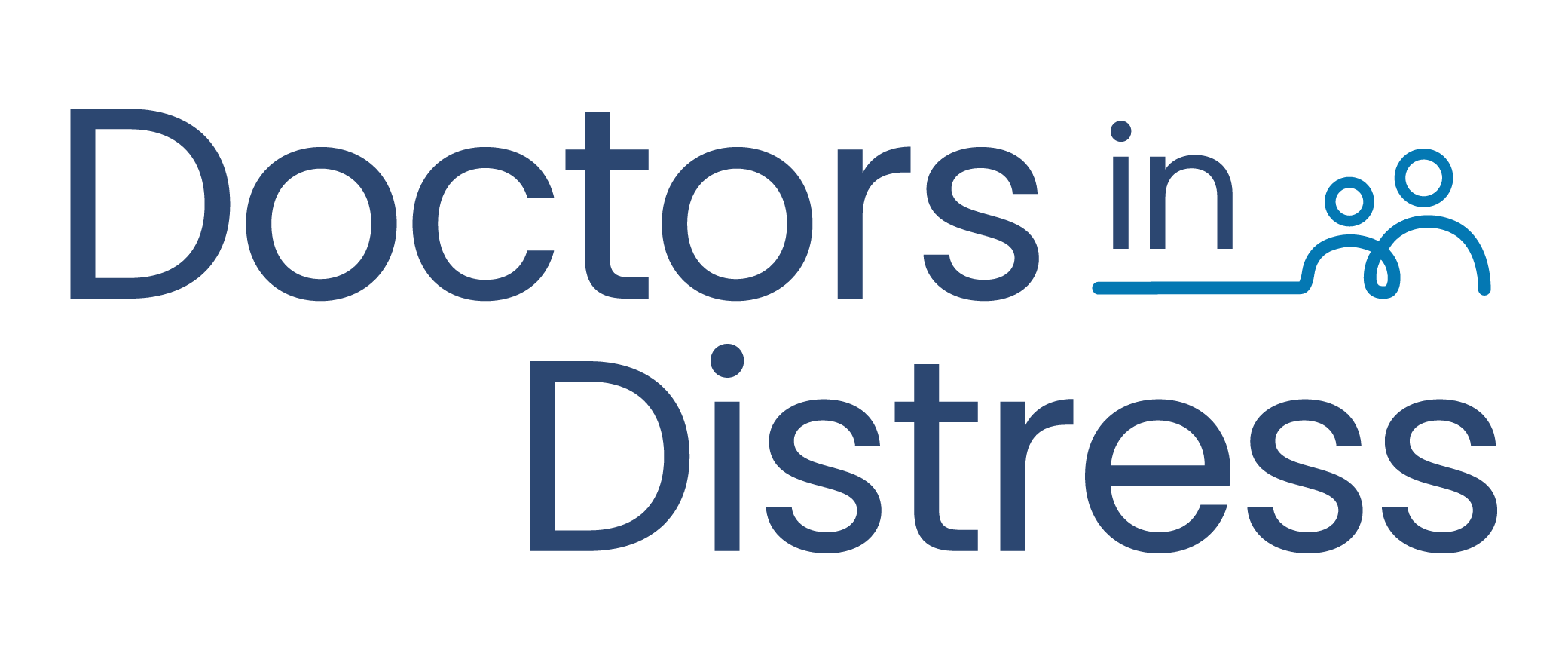
Latest News
News in brief: April
)
Diabetes patient to be offered artificial-pancreas technology
Tens of thousands of people with type 1 diabetes in England will receive a new technology, called an artificial pancreas, combining a glucose sensor and insulin pump. The NHS plans to contact eligible adults and children, but full implementation may take five years due to device availability and staff training. Trials show improved quality of life and reduced health risks. Nearly 300,000 in the UK have type 1 diabetes, managing glucose levels manually. The system automates this process, decreasing the risk of dangerous glucose levels and long-term complications. Scotland offers the technology, with Wales and Northern Ireland considering it. Nice recommends its use for those with type 1 who are in certain categories, including children and under-18s, pregnant women, and those with a HbA1c reading - a way of recording long-term blood sugar levels - of 58 mmol/mol, or 7.5%, or higher.
Read more – BBC News
Talking Heads: Lawrence Mudford, Patient Representative for the Centre for Perioperative Care
Lawrence Mudford transitioned from a healthcare professional to a patient, following a cancer diagnosis. After successful treatment, Laurence decided to retire on his 60th birthday. Eventually, he took up another role as a patient representative, which allows him to combine his previous experience within healthcare with the knowledge he learnt as a patient facing surgery.
In this interview, as Lawrence shares his story, it also emphasises how important patient experience, perspective, and insight are when it comes to progressing the standards of care given to patients.
Read more – CPOC
Expert Panel: Evaluation of the Government’s progress on meeting patient safety recommendations
An Expert Panel's evaluation rates the UK government's progress on implementing patient safety recommendations as 'requires improvement'. The rating applies to five key areas, including maternity care, leadership, and staff training. Delays in implementing recommendations, accepted over nine years ago, are concerning. Notably, progress on maternity care and leadership, as suggested by the Morecambe Bay inquiry, remains incomplete. Recommendations from significant inquiries like Mid-Staffs are cited. The panel highlights declining safety culture and inadequate funding for staff training. Testimonials from healthcare professionals and affected families were considered. The report underscores the importance of holding government and organizational leaders accountable for patient safety improvements.
You can also read the full press release here – Government still to fully implement agreed actions to improve patient safety after nine years, warns Committee’s Expert Panel
GMC Launches consultation on how it regulates physician associates and anaesthesia associates
The General Medical Council (GMC) initiates a consultation on regulating Physician Associates (PAs) and Anaesthesia Associates (AAs) in the UK, following governmental request in July 2019 and legislation passed in December 2023. The regulation will commence in December 2024, aiming to enhance patient safety and public confidence. GMC Chief Executive, Charlie Massey, stresses the importance of feedback from various stakeholders. The consultation, open for eight weeks, covers areas including education, registration, fees, and addressing concerns. It also seeks input on fitness to practise guidelines applicable to doctors, PAs, and AAs from the end of this year.
You can find out more and take part in the consultation here – Regulating anaesthesia associates and physician associates: consultation on our proposed rules, standards and guidance
